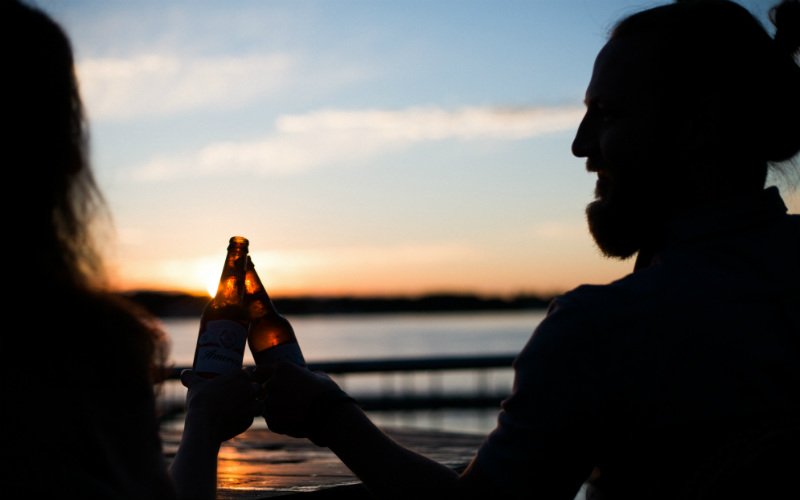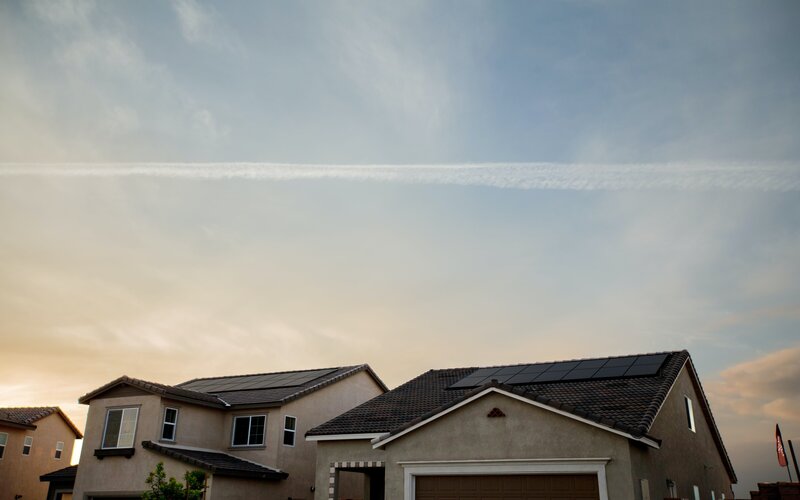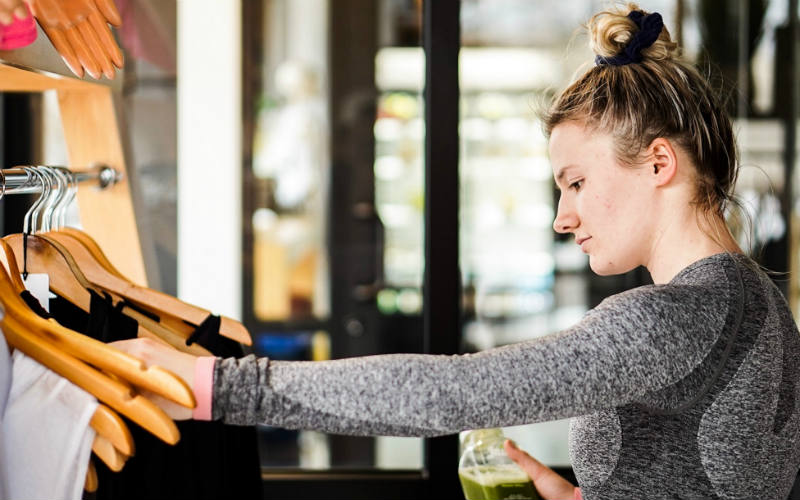Currently, Kenya, Canada and the Netherlands are trialling basic income schemes, while closer to home, New Zealand is also apparently conducting two of its own trials.
What could you do with $700+ a month?
There are no mainstream plans to bring UBI to Australia – yet – but if the program continues to find success overseas it’s only a matter of time before it arrives down under.
The Australian Unemployed Workers Union (AUWU) has previously supported bringing UBI here.
Australia’s unemployment rate has actually decreased lately, falling to 5% in December 2018 which is the lowest it’s been since 2012, according to ABS statistics.
So how would a $700 a month income stack up against the typical household costs?
Based on the Australian Bureau of Statistics Household Expenditure Survey in 2015-16, this is how much the average Australian household roughly spends per month on various costs:
- Housing (mortgage repayments or rent): $1,120
- Fuel: $165
- Clothing and footwear: $175
- Transport: $830
- Food and non-alcohol expenses: $950
- Alcohol and tobacco: $180
- Household furnishing and equipment: $230
- Recreational expenses: $690
- Medical and health expenses: $330
- Superannuation and life insurance: $310
The Basic Income Network, an international advocate for the topic of basic income, describes it as “a periodic cash payment delivered unconditionally on an individual basis, without means-test or work requirement”.
So essentially, the government gives people money in order to try and reduce poverty and inequality rates.
The Californian city of Stockton will become the first US city to trial the universal basic income (UBI) scheme in order to test its effectiveness before rolling it out on a larger scale.
Stockton Mayor Michael Tubbs said 130 households will receive $500 US ($702 AUD) monthly payments for a total of 18 months.
"Starting this week, 130 families will be getting $500 per month for 18 months. I remember reading Where Do We Go From Here and realizing that a guaranteed income has the power to abolish poverty." @stocktondemo @cityartssf #reinventstockton
— Michael Tubbs (@MichaelDTubbs) February 14, 2019
Participants have to meet certain conditions. Mainly, they have to be over 18 and live in neighbourhoods where the median income falls below that of the greater city as a whole, which has a median income of $46,033 US ($64,635 AUD).
But for the purposes of the test, there are no restrictions on what the participants can spend their money on – they could spend it on anything from gambling to pairs of socks if they wanted to.
In fact, doing so would be more beneficial for researchers to track and analyse people’s spending and the effectiveness of the program.
The goal of the study, according to US publication The Sacramento Bee, is to examine if the money impacts people’s financial stability and overall quality of life.
US not the first country to trial the basic income method
America is not the first to trial the effects of UBI – that honour belongs to Finland, who just yesterday released the results of its first UBI experiment.
The participants of Finland’s trial were randomly selected unemployed people who were given €560 ($888 AUD) untaxed,
Finland’s Minister of Health and Social Affairs, Pirkko Mattila, announced the results were two-pronged:
- The participants were no more likely to look for work than those not receiving the UBI
- But participants did report increased happiness and less stress about their financial situation, which is unsurprising
Lead Researcher Minna Ylikännö said: “people’s wellbeing is enhanced when they have some kind of financial security. They feel secure, so they feel better.”
Finland is a pretty special case
There are doubts from some experts who say the sample sizes used are too small (Finland used 2,000 people) and that larger-scale trials are needed to truly determine UBI’s effectiveness.
But there are many prominent supporters of the basic income model, including influential people such as Elon Musk, Sir Richard Branson and Mark Zuckerberg.
Universal income will be necessary over time if AI takes over most human jobs
— Elon Musk (@elonmusk) June 15, 2018
For feedback or queries, email will.jolly@savings.com.au



 Denise Raward
Denise Raward
 Harry O'Sullivan
Harry O'Sullivan

 Aaron Bell
Aaron Bell

